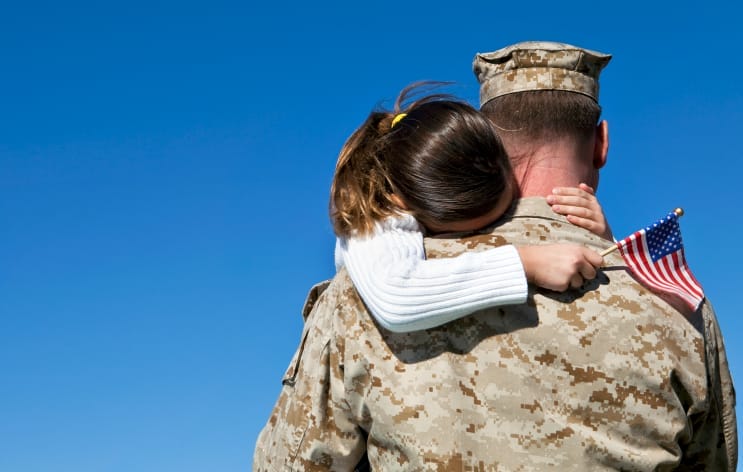Each year on Veterans Day, we stop to honor our veterans and thank them for their service. As an estimated 1 million people flood back into civilian life from the military over the next five years, one of the best things we can do for our veterans is help them get jobs.
The unemployment rate for Iraq and Afghanistan war veterans hit almost 11 percent in August. Even more disturbingly, one in four male military veterans under the age of 24 is unemployed.
Those hit hardest among our returning veterans are those who joined the service right out of high school or without a college education. For many, it is a demoralizing story of achieving in the military only to find their skills aren’t transferable to employment stateside.
Those young men and women acquire sophisticated knowledge in areas like chemical management or engineering. They put in disciplined 12 to 18 hour workdays. They sharpen strong teamwork and leadership skills. For many, serving our country is one of the best experiences of their lives. Until it is time to come home.
The cold reality is that veterans need advanced degrees to do comparable work in civilian life. Even more discouraging, they find that their peers at home have sped ahead of them by acquiring three to four years of civilian employment experience while they have served.
We know that the White House’s challenge to hire more than 100,000 veterans by 2013 has been met and exceeded, and we applaud the corporations and financial institutions that have participated in that effort. Unfortunately, a lot of veterans without college or advanced degrees, especially those from low-income families, are not getting those jobs.
Part of the problem is that many return to low-income urban or rural areas where economic opportunities are scarce. Without a game plan or external support system for education or a job search in place, many end up back in the family home or sleeping on a friend’s sofa. For some, issues of post-traumatic stress disorder, substance abuse and social isolation can further complicate their transition and, worse, cascade into homelessness—a plight of some 75,000 veterans in our nation. Before long, a veteran’s sense of pride achieved in the military is a distant memory.
But this doesn’t have to be. At Jericho Project, our Veterans Initiative is helping those low-income or homeless veterans with new, affordable, supportive housing and on-site counseling for education and job training, substance abuse recovery and family reunification. We have seen first-hand that veterans can reclaim their success with the support of businesses and community organizations. While getting education on the GI bill, they can excel at security, transportation, supply management and myriad other positions.
This November, help us honor our veterans by participating in a job fair, putting a qualified veteran’s resume at the top of your list and taking the time to see how veterans can contribute to your organization. You will be glad you did.

























